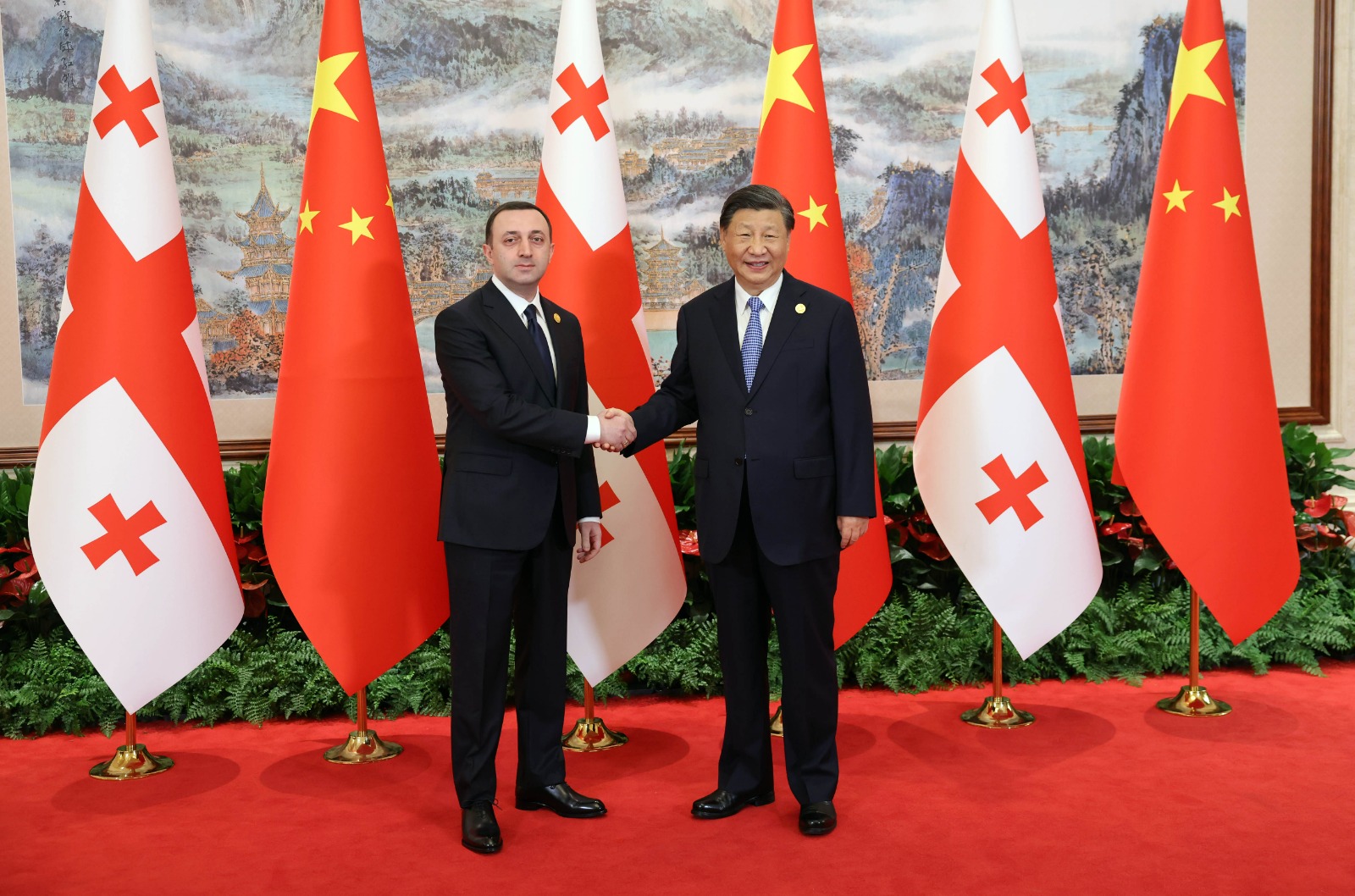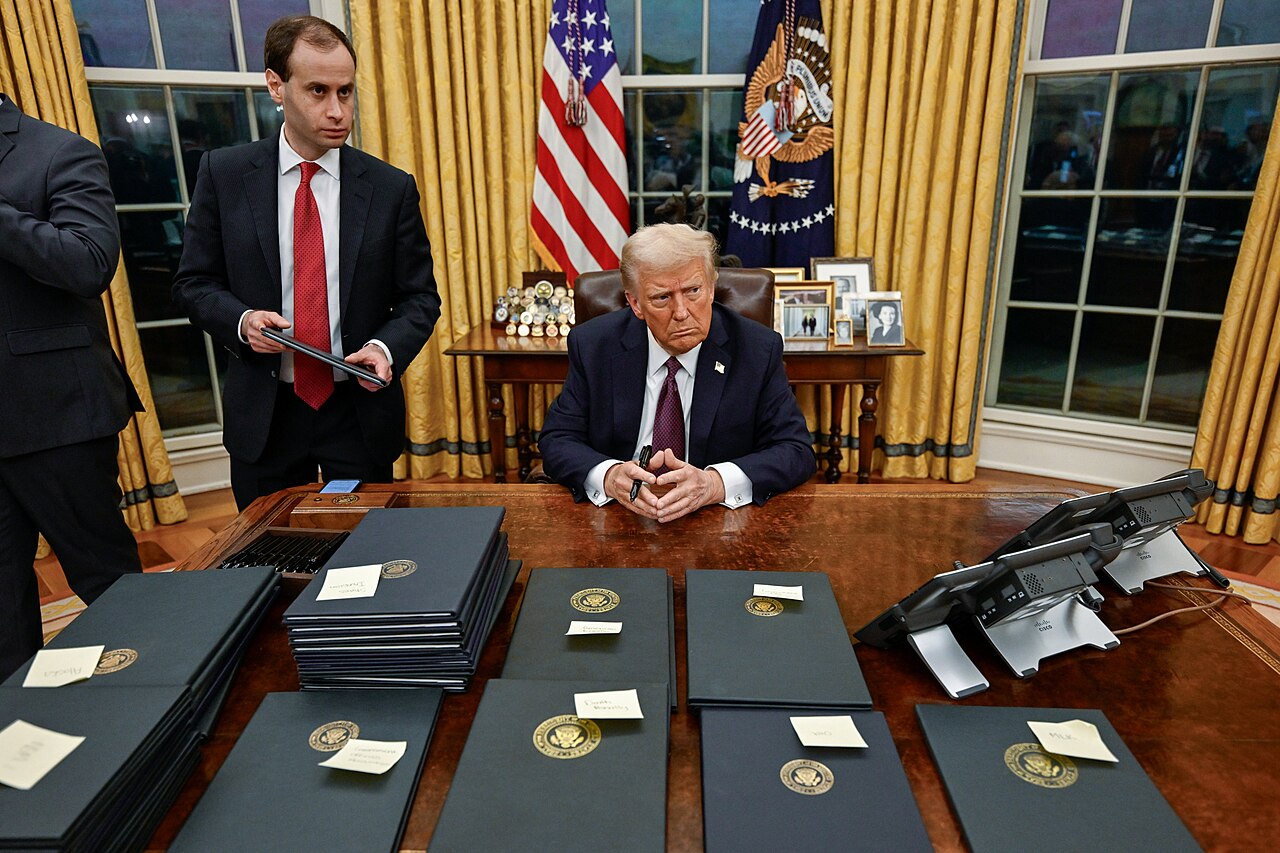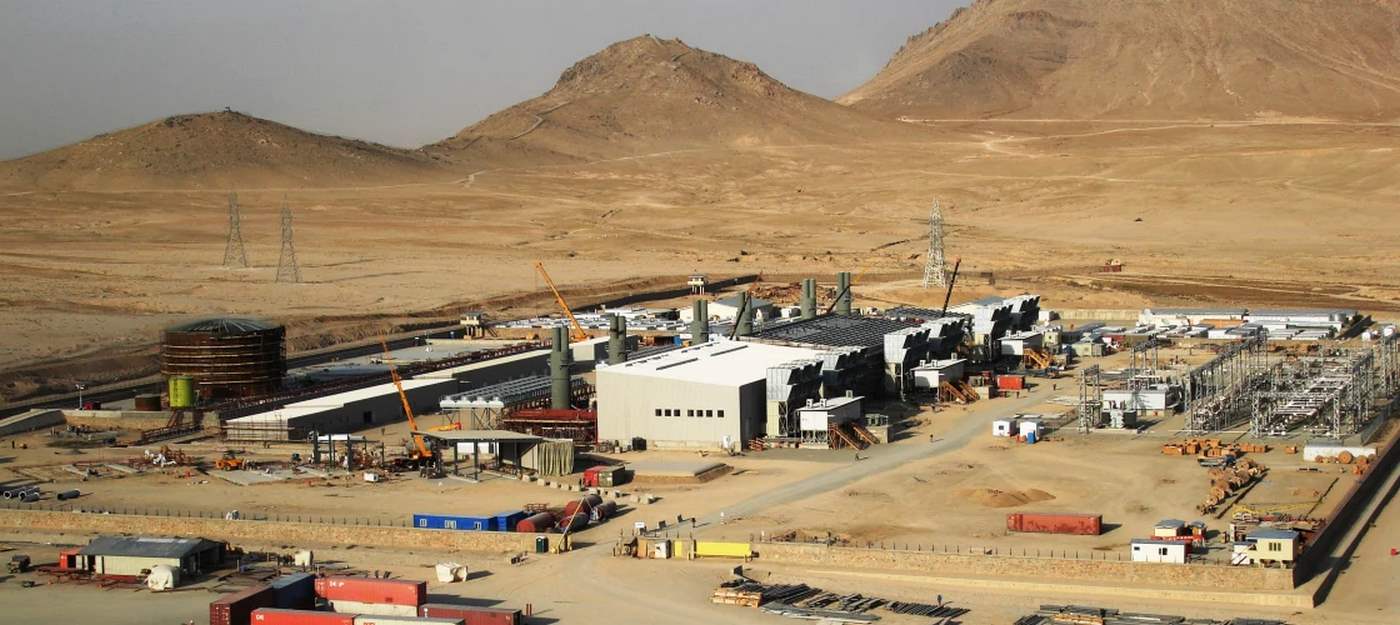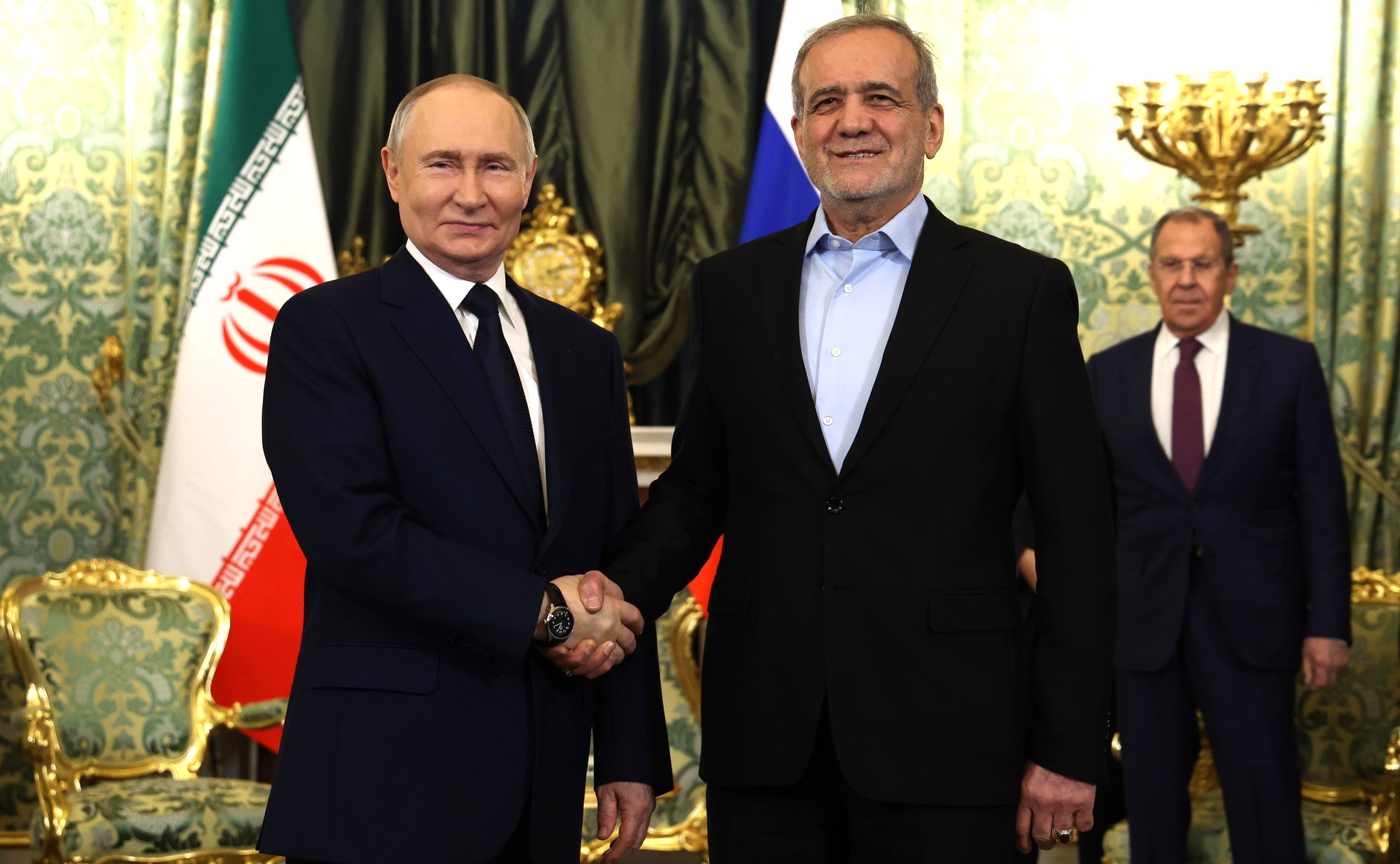End of the Empire is a twice-monthly feature on all news relating to the transition from the unipolar world of the US Empire to a multipolar world.
The United States government has been clandestinely involved in overthrowing governments in Bolivia and Georgia, countries which China has now established economic and strategic partnerships with as it seeks to replace heavy-handed US hegemony with a lighter touch.
Between May and July of this year, Bolivia conducted around $40 million in trade with China in the Chinese RMB, accounting for 10% of the South American nation’s foreign trade during that period, and a major increase year-over-year.
“We’re already using the yuan. It’s a reality and a good start,” Economy Minister Marcello Montenegro said during a news conference on Thursday. “Banana, zinc, and wood manufacturing exporters are conducting transactions in yuan, as well as importers of vehicles and capital goods.”
Montenegro added that the trade in RMB will increase as the government plans to hold most of its foreign currency reserves in RMB. China has actively advertised the internationality of its currency of late, despite Chinese banking services being far more closed off than those of other regions and nations.
In 2019, the US was implicated by journalists and others in the violent overthrow of the left-wing presidency of Evo Morales. Among the possible reasons is that Bolivia has the world’s largest known lithium reserves and the fact that Morales wanted to nationalize the mines. That Montenegro specifically mentions trade in zinc could relate to China attempting to undermine America’s supply of lithium. China has the world’s largest zinc deposits, and it would seem strange to import it from the other side of the Pacific.
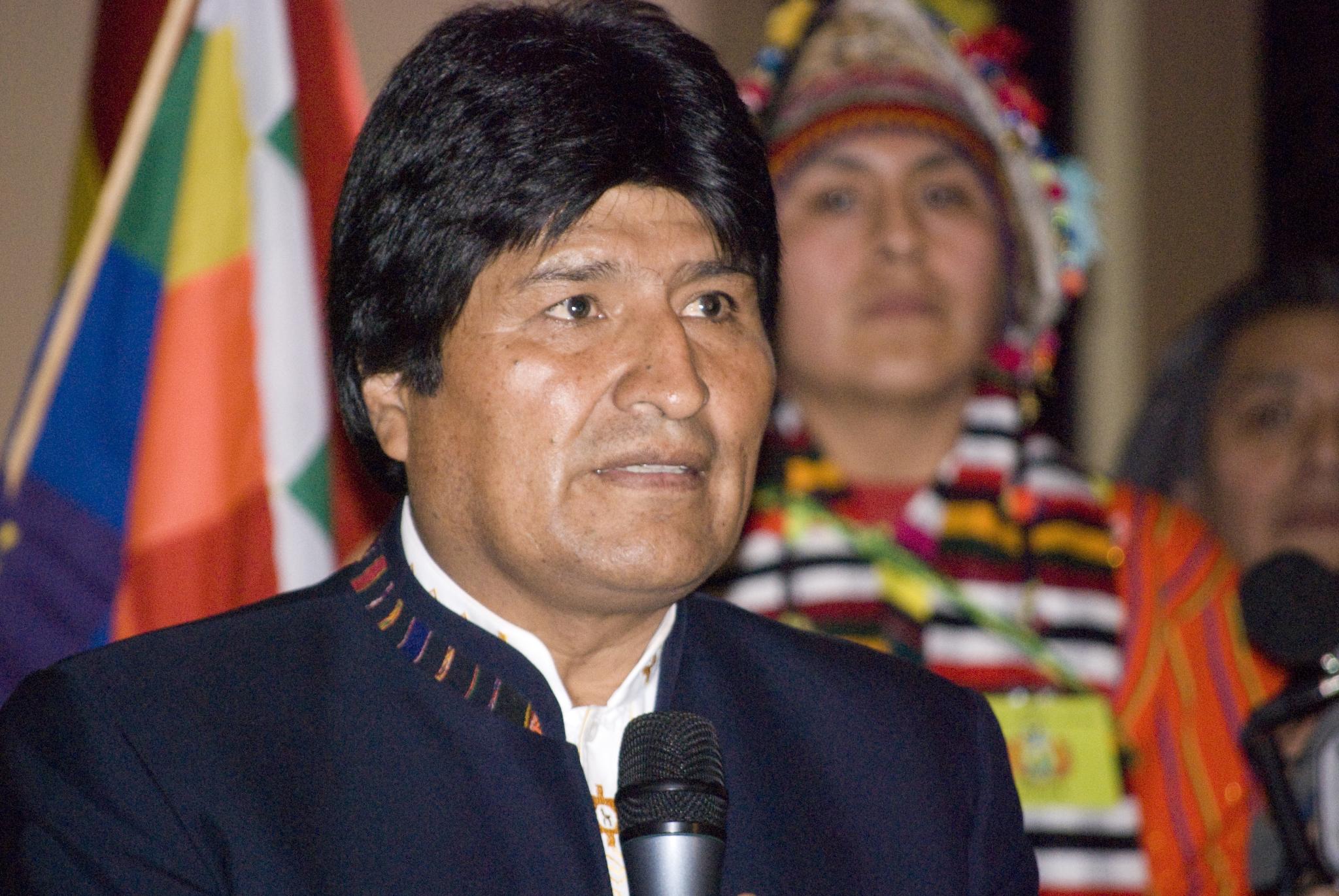
The first free trade agreement with Europe
On Tuesday, the Prime Minister of Georgia, Irakli Gharibashvili, concluded a weeklong trip to Beijing in which he signed an important economic-strategic partnership with China that has secured Xi Jinping’s first major ally in Europe via an upgrade in political ties to an “important strategic” level.
As per the political nature of the agreement, both countries recognized the key importance of relations with the other, and reaffirmed their commitment to respect the borders and territorial integrity of each. Georgia reaffirmed their recognition of the One China Principle related to Taiwan.
Regarding the economic parts, the two nations signed documents of a plan for bilateral cooperation in trade and development under the framework of the Belt and Road Initiative, which Georgia welcomes on the other side of Asia. Beijing will be especially pleased with the provision that allows China to “use the transit infrastructure of Georgia for the unhindered export of Chinese products to the Western consumer markets”.
A free trade agreement has been in place since 2018, which the new policy will seek to expand on.
Regarding international collaboration, “the parties will strengthen coordination and cooperation in regional and international affairs, joint support for true multilateralism,” and stress the importance of the UN and the UN Charter for developing international relations. True multilateralism, or multipolarity, has become a common phrase in all of China’s diplomatic efforts, and in the term’s nature is the stress that America cannot be allowed to control so much of world affairs. By signing documents containing that term, Georgia has implicitly agreed.
Georgia also expressed support for China’s global civilization initiative, global security initiative, and global development initiative, claiming it will do its part for helping China achieve these goals.
Like in Bolivia, the United States overthrew the government of Georgia in 2003 during the Rose Revolution. We know this because the deposed leader made a direct accusation at the man who later admitted to having organized it. Gharibashvili, a member of the Georgian Dream party, made direct statements that the US was at it again in his country in March of this year, after large demonstrations, organized by NGOs, successfully managed to get a piece of legislation pulled from a vote on the parliament floor.
As WaL reported at the time, having Georgia as a foil to any anti-Russian activities in the region has been White House policy since 2003.
China is now moving into territory that has proved fruitful to American intervention in the past, and it’s unsurprising that Gharibashvili wants to find international support outside the West. WaL
PICTURED ABOVE: Irakli Gharibashvili meets Xi Jinping in Beijing. PC: Georgian Government
